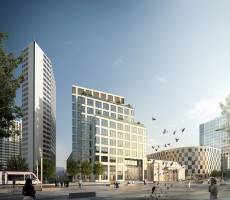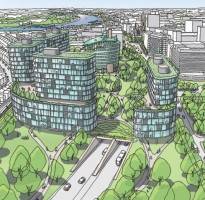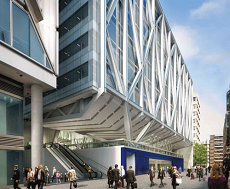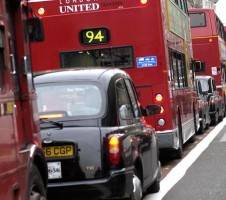March 30, 2015
Digital sector set to become ‘pivotal’ in Middle East over next five years
 Deloitte has launched a new report into the Technology, Media and Telecommunications sector in the Middle East. Deloitte predicts that 2015 will be ‘pivotal’ for Digital Islamic Services as they start to take off across the Middle East region. The report estimates that within the next three to four years the region’s digital economy will nearly double in size from around US$15 billion currently to around $30 billion by 2018. The predictions are based on hundreds of discussions with industry executives, analysts and commentators, along with tens of thousands of individual interviews. The report also predicts that Gulf Cooperation Council (GCC) countries will make significant open data advancements in 2015, and within the next three to five years, break into the top half of countries ranked the most ‘open’ in the world.
Deloitte has launched a new report into the Technology, Media and Telecommunications sector in the Middle East. Deloitte predicts that 2015 will be ‘pivotal’ for Digital Islamic Services as they start to take off across the Middle East region. The report estimates that within the next three to four years the region’s digital economy will nearly double in size from around US$15 billion currently to around $30 billion by 2018. The predictions are based on hundreds of discussions with industry executives, analysts and commentators, along with tens of thousands of individual interviews. The report also predicts that Gulf Cooperation Council (GCC) countries will make significant open data advancements in 2015, and within the next three to five years, break into the top half of countries ranked the most ‘open’ in the world.
























March 18, 2015
What the colonisation of new domains tells us about how we work
by Charles Marks • Architecture, Cities, Comment, Flexible working
(more…)